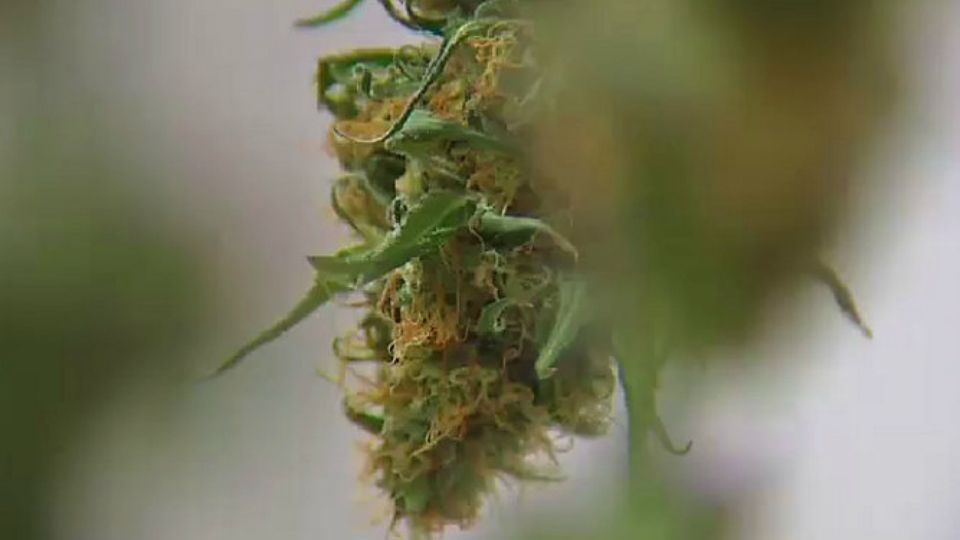TALLAHASSEE, Fla. — Legislation to end Florida's medical marijuana smoking ban cleared a top House panel Thursday, with the chamber's Republican leaders dropping their insistence that the drug be consumed only through filtered cigarettes.
- Bill to lift medical marijuana smoking ban clear top House panel
- Still contains requirement to purchase pre-rolled cigarettes
- RELATED STORIES:
But the bill still contains a provision barring patients from rolling their own joints. Instead, they'd have to purchase pre-rolled cannabis cigarettes from medical marijuana dispensaries.
The near-unanimous vote by the Appropriations Committee to send the measure to the House floor paves the way for the full chamber to consider it during the first week of the legislative session, which begins March 5.
Republican Gov. Ron DeSantis has warned lawmakers if they don't act by March 15, he's prepared to drop former Gov. Rick Scott's appeal of a ruling invalidating the smoking ban as unconstitutional.
Without legislation that establishes an alternative scheme, smoking could begin without strings attached.
The lead author of the bill, Rep. Ray Rodrigues (R-Estero), told reporters after Thursday's vote he expects a swift consensus to be reached between the House and the Senate, which doesn't have a pre-rolled cigarette mandate in its version of the legislation.
"From the House perspective, the biggest sticking point is children," he said. "We don't believe children should be smoking medical marijuana."
Medical marijuana advocates complained to the panel that pre-rolled cigarettes are four to five times as expensive as traditional bags of cannabis patients can use to roll their own joints. The additional cost, they warned, could put the drug out of reach for patients facing financial difficulties.
"This is about cost and affordability, about access, so when we are limiting any type of form that we're allowing for patients, it does increase the cost," said Melissa Villar Lozano of The Holistic Cannabis Community.
The Senate, meanwhile, has removed a restriction critics called overly restrictive, that patients receive a second doctor's opinion before being allowed to smoke medical marijuana. Under the chamber's amended legislation, that requirement would only apply to patients who are less than 18 years old.



